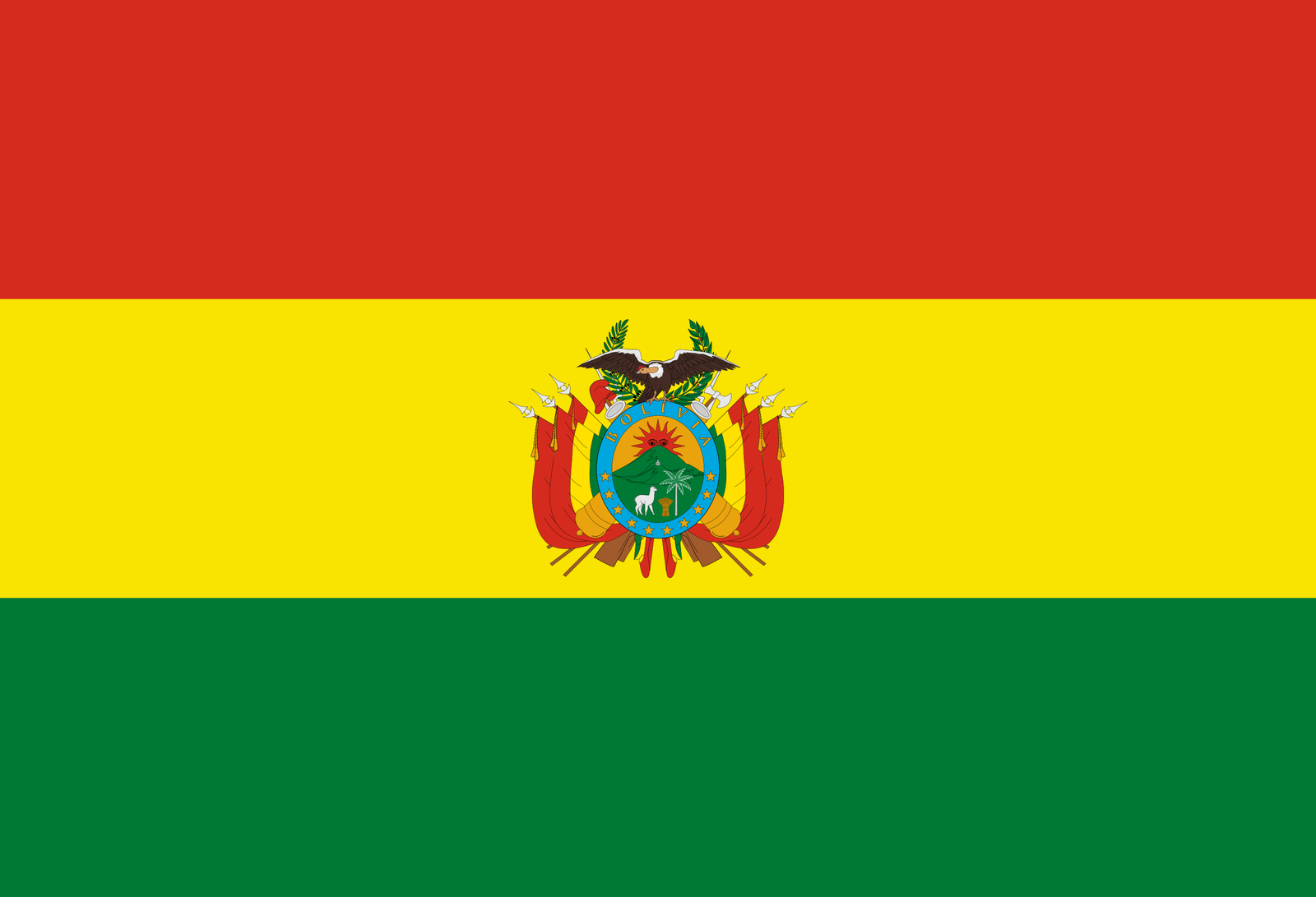Elevating Taste through Altitude and Tradition
Bolivia, often overshadowed by its larger coffee-producing neighbors in South America, is quietly crafting a distinctive identity in the world of specialty coffee. The Bolivia coffee profile is an exquisite tale of high-altitude cultivation, unique microclimates, and a commitment to traditional farming practices that converge to create a cup of coffee that is both exceptional and emblematic of Bolivia’s rich agricultural heritage.
Bolivia’s coffee farms are situated in high-altitude regions, typically ranging from 1,200 to 2,000 meters above sea level. This elevation factor, shared with other renowned coffee-producing countries in the Andean region, significantly influences the flavor profile of Bolivian coffee. The slower maturation process at higher altitudes contributes to a more complex and nuanced taste, often characterized by a bright acidity and a well-balanced body.
Notable coffee regions in Bolivia, such as Caranavi and Yungas, showcase the impact of elevation on the beans. The cool temperatures and optimal growing conditions at these heights foster the development of unique flavor characteristics that set Bolivian coffee apart.
Bolivia is home to distinctive coffee varietals, including Typica, Bourbon, and Geisha. These varietals, coupled with traditional farming methods passed down through generations, contribute to the singular profile of Bolivian coffee. The commitment to preserving traditional techniques, such as shade-grown cultivation and manual harvesting, adds depth and authenticity to the coffee produced in the country.
The Typica variety, in particular, is celebrated for its balanced acidity and pleasant sweetness. Bourbon brings a rich and full-bodied quality to Bolivian coffee, while the Geisha varietal is prized for its exquisite floral and fruity notes. The combination of these varietals, cultivated with care and expertise, results in a cup that reflects the nuanced terroir of Bolivia.
Despite its potential, Bolivia faces challenges in its coffee industry, including limited infrastructure, access to markets, and climatic variations. However, the resilience of Bolivian coffee producers has been a driving force in overcoming these obstacles. Smallholder farmers, organized into cooperatives, play a pivotal role in maintaining the quality and sustainability of Bolivian coffee.
Additionally, initiatives promoting fair trade and organic certifications are gaining momentum in Bolivia, ensuring that the economic benefits of coffee production are equitably distributed, and the environmental impact is minimized.
Bolivian coffee offers a diverse and exciting flavor profile that captures the essence of its high-altitude cultivation. A typical Bolivian cup is characterized by a bright acidity that dances on the palate, accompanied by floral and citrusy notes that add a layer of complexity. The medium body and smooth finish make Bolivian coffee an approachable yet sophisticated choice for coffee enthusiasts.
The combination of elevation, varietals, and traditional farming practices creates a sensory experience that is both distinctive and memorable. Bolivian coffee is often likened to a symphony of flavors, where each note contributes to a harmonious and well-balanced composition.
Bolivia’s coffee profile is a testament to the country’s dedication to quality, tradition, and resilience. As the global demand for unique and exceptional coffees grows, Bolivia’s coffee industry is poised to carve out a more prominent place in the specialty coffee landscape. In every sip of Bolivian coffee, one can taste the elevation, the cultural heritage, and the commitment of Bolivian farmers to craft a cup that not only delights the senses but also tells a story of perseverance and passion.
Tags: bolivia, coffee growers

